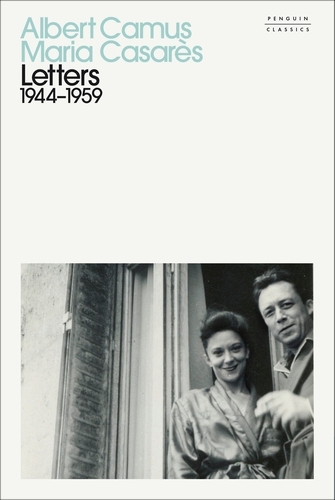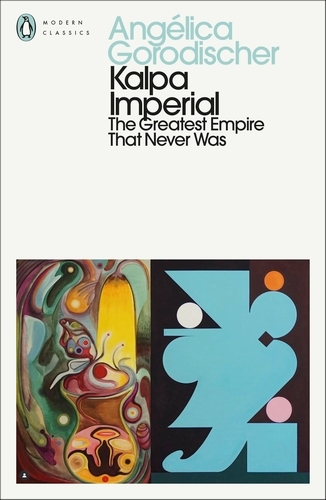Penguin Modern Classics
Eminent Victorians
Father and Son
Tales of the Pacific
The Issa Valley
Letter to My Judge
In a small town in western France, Dr Charles Alavoine seems to lead the perfect life: his own medical practice, two beautiful children, a new wife and a doting mother. Yet as each quiet day of bourgeois conformity passes, Alavoine begins to feel a sharp sense of futility and solitude. Then, one rainy day in December, he meets a mysterious young woman on a station platform. Fascinated by her innocence and the scars of her past, Alavoine’s passion soon gives way to obsession, as he is drawn deeper into a web of desire and deceit, ending in a terrible act that will forever change the course of his life.
First published in 1947, Letter to My Judge is a masterful exploration of the darkest corners of the human soul, and a harrowing exorcism of Simenon’s phantoms.
The Paranoid Style in American Politics
'American political life … has served again and again as an arena for uncommonly angry minds'
How can a country be captured by rumours, surreal conspiracy theories and the most brazen of conmen? The historian Richard Hofstadter asked these questions in the 1960s, amid fears of rising extremism in America. Yet his dazzling dissection of the paranoid worldview – a brew of overheated exaggeration, suspicion and perceived victimhood, which can derail entire nations – is a lesson for the ages in the seductive politics of the irrational.
In an era where we feel assailed by endless paranoid public statements, Hofstadter’s discussion of famous and obscure untruths, some of which have profoundly impacted American domestic and foreign policy, provide the antidote for the present day.
Exiles
James Joyce's only surviving play, Exiles builds upon one of his most famous short stories, 'The Dead', to provide a profound exploration of jealousy, doubt and the complexity of human desire.
Poems
Letters
The affair between Albert Camus and Maria Casarès began in wartime, on 6 June 1944. Casarès was starring in a production of Camus’ play The Misunderstanding, and at an after-party hosted by Simone de Beauvoir and Jean-Paul Sartre, the actress and Nobel Prize-winning author embarked on a love affair that would unfold in hundreds of vivid and moving letters over 15 years.
Translated into English for the first time, these 865 letters reveal the impassioned heights and depths of Casarès and Camus’ relationship. They wax lyrical, they rage, they traverse Parisian streets and gaze upon the Luberon mountains, they discuss stardom and everyday life. Letters: 1944-1959 draws back the curtain on the intimate personal lives of two extraordinary artists, who wrote persistently and copiously to one another until Camus’ fatal car crash in January 1960.
Kalpa Imperial
Angélica Gorodischer’s novel, masterfully translated by Ursula K. Le Guin, conjures a vivid fictional universe of labyrinthine cities, desert caravans and the lawless South – and of an Empire fated to rise, fall and rise again.
Medusa's Laugh
First published in 1975, Medusa’s Laugh represented a defining moment for French feminism. In this landmark essay, feminist theorist and philosopher Hélène Cixous coined the term écriture féminine (or ‘feminine writing’), calling for a ‘feminine mode’ of writing. Allowing women to claim authority in the face of systematic oppression, she imagines this new mode of writing to be defined by a generous, open attitude to otherness and distinct from patriarchal models of communication. Part philosophical treatise, part political manifesto, Medusa’s Laugh is a clarion call to write – for ourselves and of ourselves – and is one of the most important works of second-wave feminism.
Translated by Eric Prenowitz.
Trafalgar
Cosmopolitan, philosophical and, above all else, pure fun, Angélica Gorodischer's Trafalgar is a unique blend of science fiction, magical realism and shaggy-dog tale from one of Argentina's most distinctive writers.












